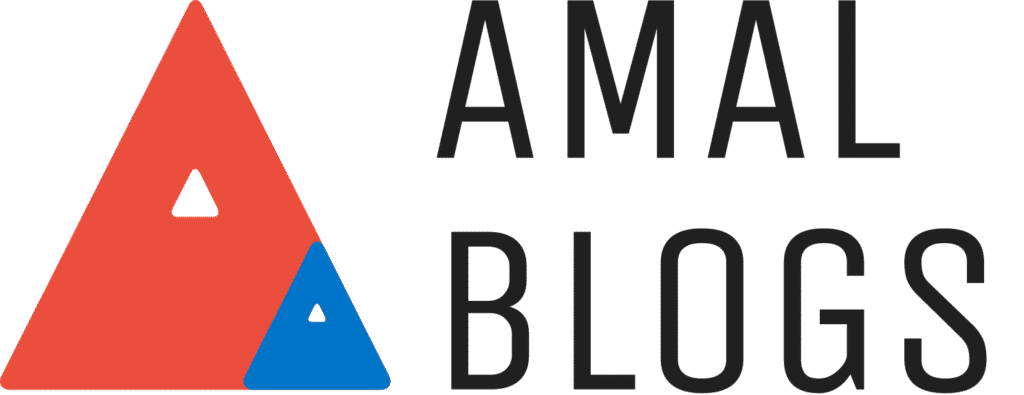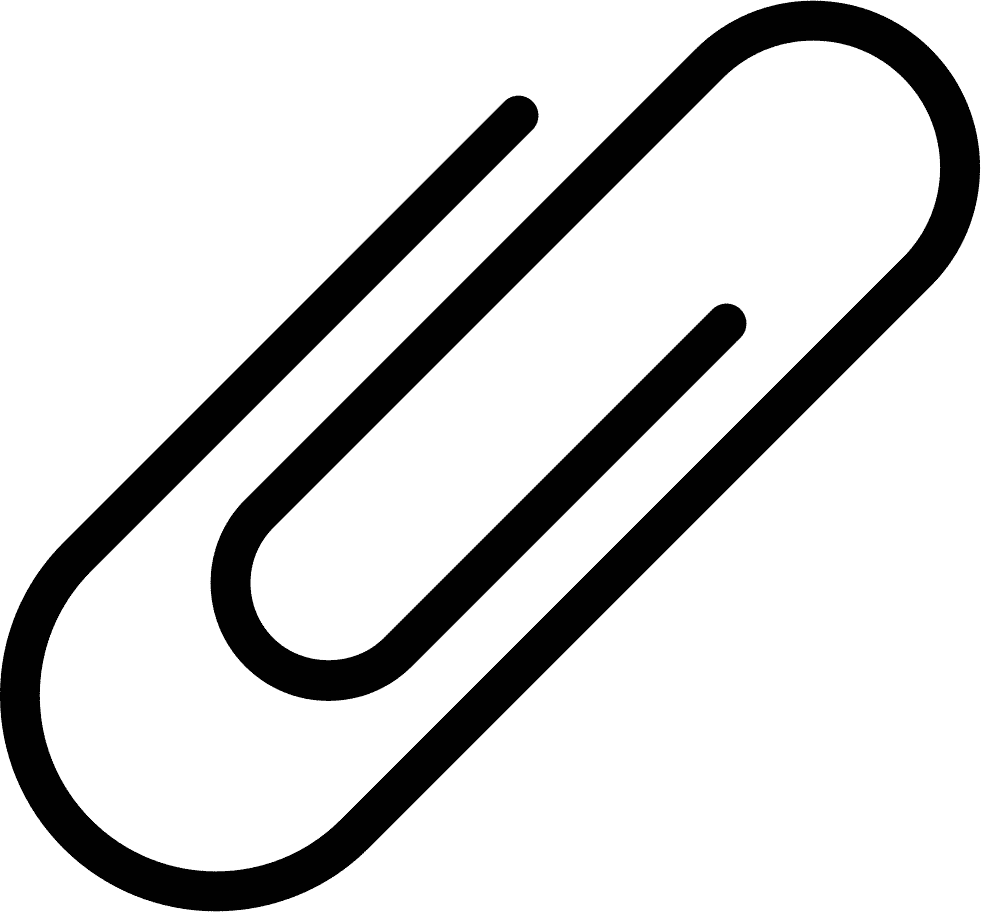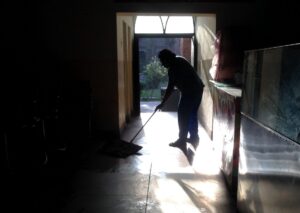Yasir Fuad – Mar 23, 2020
Edited by Awais Farooq Roy
Tax in any form, is probably the most bitter part of our life. When you finish this article, do read this first line again.
Our planet gave birth to different forms of life in a complex interconnected series of events. Air, water, sand, grass, plants, and trees were no less important than animals and humans. In fact former ones could be considered more important than the later ones. Humans, in the very beginning, had no different impact on the ecosystem than their fellow living beings. Discovering fire by rubbing stones, for example, was a major take off event in the history of human evolution. We started to eat food by roasting it on fire, this cooked food enabled our body to develop a more efficient metabolism, which in-turn, could support a more efficient brain. Hence one such small discovery, out of curiosity, changed our course of life. So, what happens when a monkey gets a matchstick, yes you know it, the rest is history. We were destined to take a different course because of our awareness, consciousness, memory, and curiosity.
The human life explored, discovered and adapted just to step into the next phase to invent and improvise. This journey of human growth included a debit-credit activity with the surrounding ecosystem. We constantly took something from the ecosystem to fulfill our growing and diverse needs, but little did we care to add back. Take an example of our early ancestors, who were hunter-gatherers. Facing famines and droughts, they took refuge in farming when they learned the art of land cultivation. A more recent example could be taken when the steam engine was invented, shifting the mode of travel from horse carriages and bullock carts to automobiles. At each step, we kept using resources from the ecosystem to cope up with the challenges of a growing population and new lifestyles. This ended up widening the gaps in this balance of payments with nature. Speaking in terms of biochemistry, almost every major leap in humanity’s growth was basically a push to destabilize this equilibrium in our ecosystem, where one life form was exploiting the other just to hurt itself in the end. Though we came to this realization, but it was late, when nature started showing symptoms of climate change, Ozone depletion, and global warming.
It is our basic instinct, as humans, to come up with life sustenance plans even if it comes at high costs and risks in our ecosystem’s sustainability. There is a thin line between necessity and greed, and we often cross this line without knowing. It’s hard to mark the break-even point, where the cost of damage done to nature equals the much needed benefit to human life. So nature comes up with it’s own plans. Our greedy actions create these repercussions which need to be balanced out in this ecosystem-economy.
In 1918, just at the end of World War I, there was an outbreak which later turned into a pandemic known as Spanish Flu, costing 50 to 100 million lives. In the 21st century, SARS, Ebola, and Bird Flu are some of the more recent epidemics and pandemics worth mentioning, causing huge losses to human lives and and a blow back to our economy. Now currently we are facing the Novel Coronavirus pandemic. There might be little difference in terms of the overall damage caused by these pandemics from the old times versus the more recent ones. Older pandemics caused damage to human life because we couldn’t respond that effectively in terms of developing medical cures. So despite slower means of transportation, the virus gained enough time to spread, taking out millions of lives. Nowadays, with the progress of medical science, we are more equipped to understand a virus and develop its cure in minimum time. But with this increased medical efficiency, now the damage also takes place through more efficient transport systems. A Spanish Flu patient couldn’t fly from France to India in 10 hours to spread the virus in a bigger population. So in the larger scheme of things, today’s Coronavirus might not be less disastrous than the Spanish Flu, if not more.
When we study the causes of these recent pandemics, these viruses erupted from intensively concentrated wildlife meat markets, with inhumane hygiene and handling conditions. An act of greed without moral accountability. These very conditions promoted the chance mutations of pathogens, that shaped up the virus we now see as the Novel Coronavirus. Again, linking it with the diet of hunter-gatherers, one might say our ancestors ate any goats, bulls, or yaks that came their way. They were equally cruel to nature as we are today. But unfortunately that’s not the case. Capitalism has led us to a point where the only thing sustainable, is to crave for more (more than our requirement), and then in-turn create these implications for mother nature.
So you see, history might repeat itself, but nature won’t. Every time nature came up with a new pandemic, humanity was left helpless, at first at least. Although humans developed cures later, but nature kept charging its expense in terms of a tax, which I call, The Natural Tax, The Inevitable Tax.
The greatest equalizer is nature itself, obviously, which we too are a part of. Our role is to do action, just to wait for the unforeseeable reaction.



